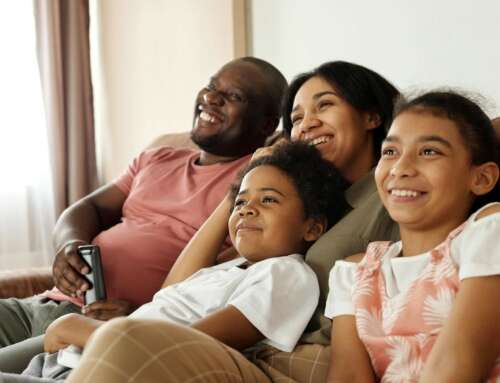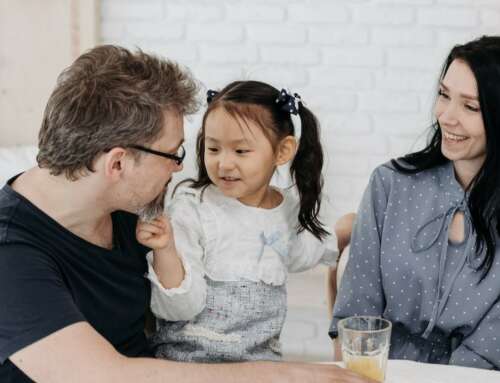Talking about sex and sexuality with young children
It’s never too early to talk about sex with your child. Talking about sex, sexuality and bodies from when your child is young can help your child understand that sex and sexuality are normal, healthy parts of life. It can also make later conversations easier.
The main message to get across to your child from early on is that he can come to you for open, honest and reliable information, and that he shouldn’t feel scared or embarrassed to ask you about sex and sexuality.
And the good news is that talking about sex and sexuality isn’t a one-off conversation that you have to get exactly right. It’s a conversation that continues and evolves as your child grows up.
Three steps for talking about sex
Three basic steps can help you talk with your child about sex.
First, find out what your child already knows – for example, ‘Where do you think babies come from?’
Second, correct any misinformation and give the facts – for example, ‘No babies don’t grow in their mummy’s tummy. They grow in a special place inside their mummy called a uterus’.
Third, use the conversation as an opportunity to convey your family values – for example, ‘It’s wonderful to be pregnant when you’re ready to take care of a baby’.
Tips for talking about sex
These tips can make it easier to talk with your child about sex.
Keep language simple and honest
Explain things at a level that your child can understand. A six-year old won’t want a long explanation of ovulation, although he might be fascinated to know that women have very small eggs (or ova) that can make a baby.
It’s OK to say ‘I don’t know’
Your child doesn’t need you to be an expert – she just needs to know that she can ask you anything she needs to.
If you don’t know what to say, tell your child you’re glad he asked, that you don’t know how to answer, and that you’ll look for some information and get back to him. And then make sure you do get back to him. Or you could suggest looking for information together.
Get all parents involved
In families with two or more parents, it’s good for all parents to get involved in discussions about sex. When all parents get involved in discussions about sex, they show children that it’s OK to talk about sex and sexuality. This can help all children to feel more comfortable talking about their bodies, to take responsibility for sexual feelings, and to communicate in intimate relationships when they’re older.
Start a conversation
Some children never ask questions. You might need to start the conversation. It’s a good idea to think about what to say beforehand, then pick a good time to bring the subject up. For example, if someone is talking about pregnancy on TV you could say, ‘They were talking about pregnancy on the TV earlier. It got me wondering if you know what that is?’
Prepare yourself
You might feel embarrassed talking about sexuality, or you might feel uncomfortable using words like ‘penis’ or ‘vagina’ to talk about bodies. That’s normal. It’s a good idea to prepare yourself by thinking about what you’re comfortable with and building on that. For example, if you’re OK with talking about bottoms but not breasts, try using the word ‘bottom’ in conversation to start with.
– Raising Children Network & Jenny Walsh
Read More: Sex Education and Talking About Sex to Children
Photo Source – Flickr








Leave A Comment